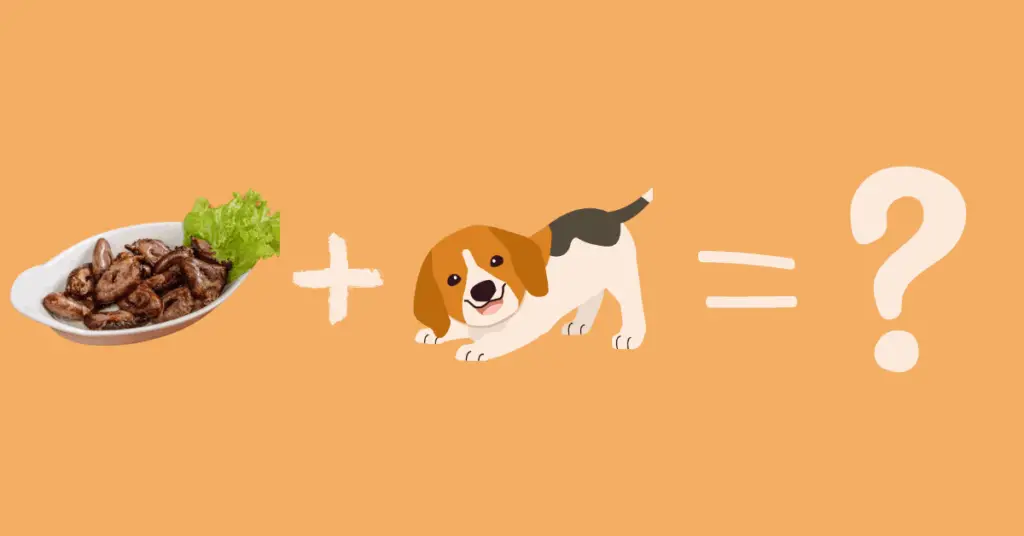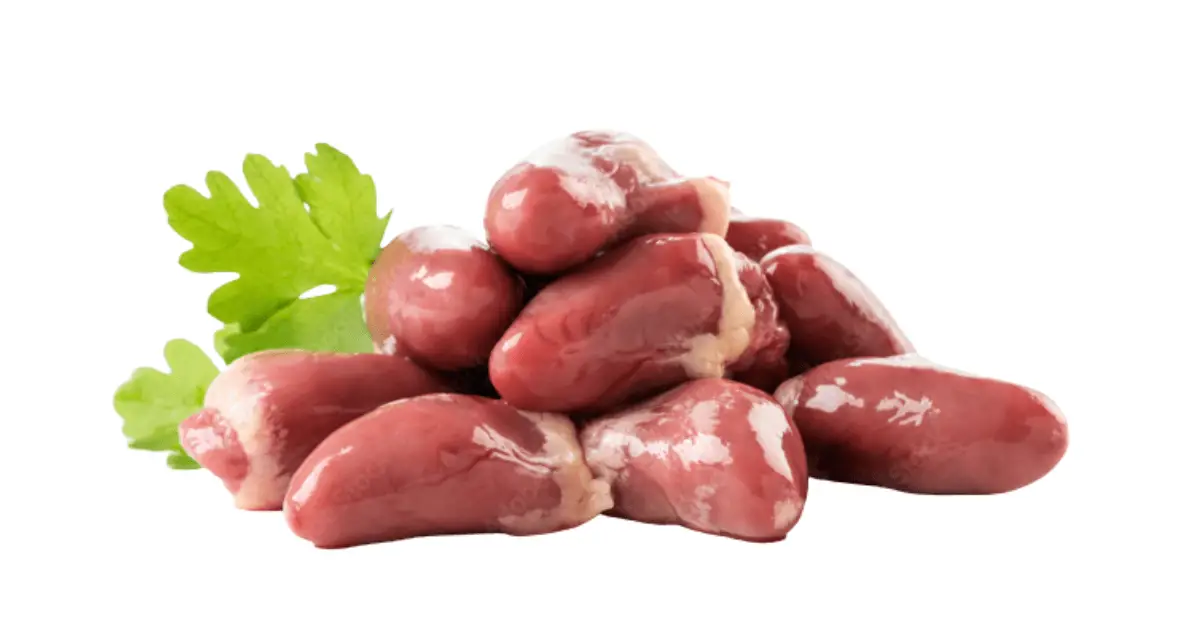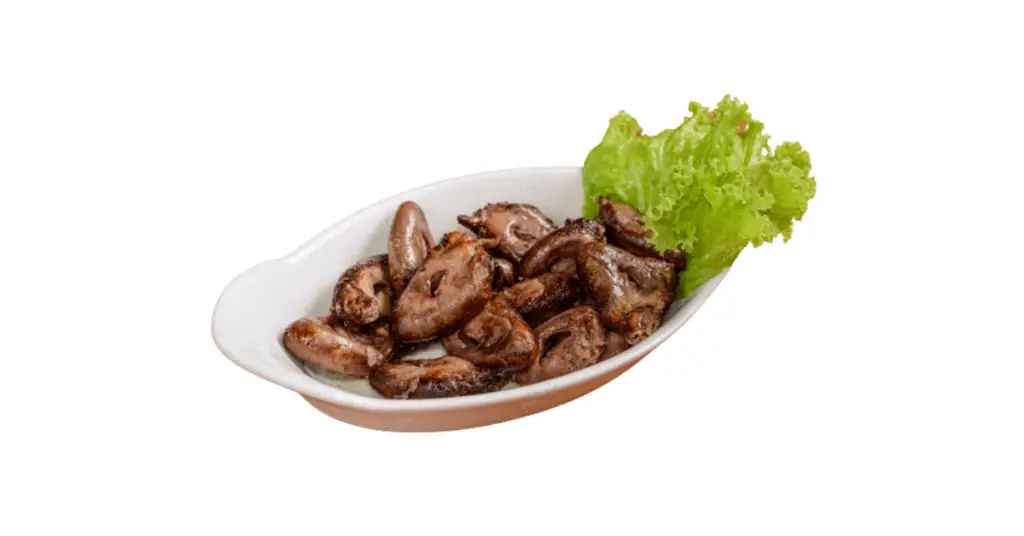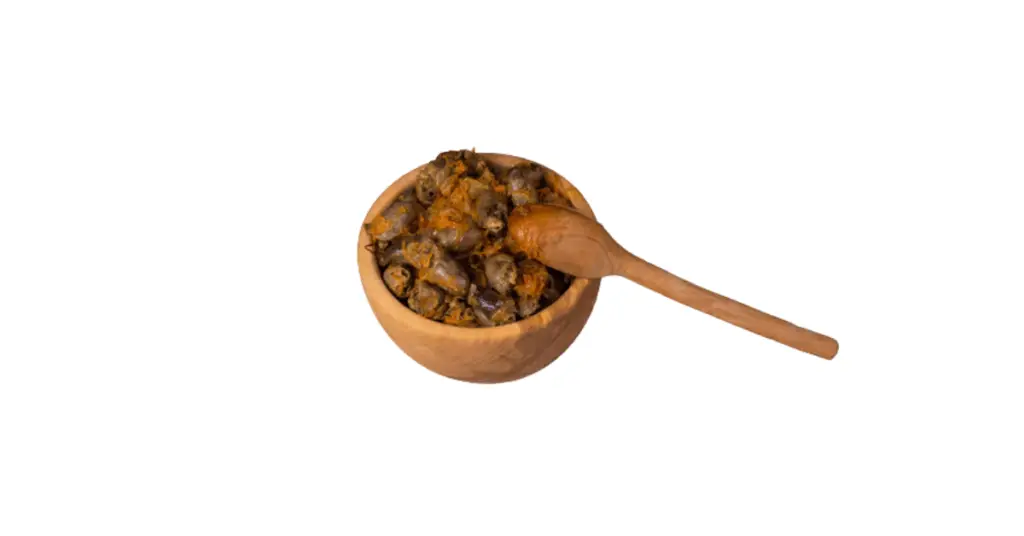
Explore the facts: Can dogs eat raw chicken hearts? Discover the benefits of chicken hearts for dogs in this revealing guide.
Dogs have an uncanny ability to worm their way into our hearts, and in return, we want to provide them with the best. Nutrition plays a pivotal role in their overall well-being. This article aims to explore the age-old question: Are chicken hearts good for dogs? The journey begins here.
Chicken Hearts for Dogs: Dos and Don’ts
Yes, chicken hearts for dogs can be a suitable and nutritious treat when prepared and served in moderation as part of a balanced diet. These bite-sized organ meats are packed with protein, making them an excellent choice for promoting muscle growth and maintenance in your dog. However, like any treat, moderation is key to avoid overindulgence, which can lead to an imbalanced diet. It’s essential to consult with your veterinarian to determine the right portion sizes and ensure that chicken hearts fit well within your dog’s overall nutritional needs. When offered in the right amounts, chicken hearts can be a rewarding addition to your dog’s snack.
Chicken Heart Nutrition: What’s in a 100g Serving?
| Nutrient | Amount per 100g | Benefits for Dogs | Potential Risks to Dog Health |
| Protein | 27 grams | Supports Muscle Growth and Maintenance | Choking Hazard, Overfeeding |
| Calories | 153 kcal | Ideal for Weight Management | Imbalanced Diet if Overconsumed |
| Total Fat | 4 grams | Provides Energy | Weight Gain if Overconsumed |
| Saturated Fat | 1 gram | Essential Fatty Acids for Coat and Skin Health | High Fat Content May Upset Stomach |
| Cholesterol | 375 mg | Necessary for Cell Membranes | High Cholesterol Levels if Overconsumed |
| Iron | 6.4 mg | Promotes Healthy Blood and Energy Production | Not risky |
| Zinc | 4.9 mg | Supports Immune Function and Skin Health | Typically not risky |
| Vitamin B12 | 2.5 µg | Essential for Nervous System Function | Typically not risky |
| Niacin (Vitamin B3) | 8.3 mg | Contributes to Overall Vitality | Typically not risky |
| Taurine | 690 mg | Vital for Heart Health and Eye Function | Taurine Deficiency if Excluded from Diet |
Benefits of Chicken Hearts for Dogs
Why are chicken hearts considered a dog’s best friend when it comes to treats?. These tiny treasures, known as chicken hearts for dogs. These offer benefits that your canine companion will appreciate. They are an excellent source of high-quality protein, a crucial element in a dog’s diet for muscle development and overall well-being.
Chicken hearts are also packed with taurine, a nutrient that plays a crucial role in maintaining a healthy heart and eyesight in dogs. The essential fatty acids in chicken hearts promote a glossy coat and healthy skin, further elevating their appeal. These nutrients are especially vital for dogs with skin or coat issues.
Moreover, dogs tend to find the rich flavor of chicken hearts irresistible. They can serve as a rewarding training treat or a tasty addition to your dog’s regular meals. Their small size makes them convenient for portion control. So, it’s no wonder why chicken hearts for dogs have earned their reputation as a beloved canine delight.
Potential Risks in Feeding Chicken Hearts to Dogs
While chicken hearts offer numerous advantages, it’s essential to be aware of potential risks. One potential risk is choking, especially if the hearts are not cut into manageable pieces. To avoid this, always cut chicken hearts into smaller portions suitable for your dog’s size.
Another risk is overfeeding. While chicken hearts are nutritious, they should be given in moderation. Overconsumption can lead to an imbalanced diet, potentially causing health issues over time. It’s crucial to consider chicken hearts as a treat or supplement, not a primary food source.
How Many Chicken Hearts for Your Dog?
Determining the appropriate serving size of chicken hearts for your dog depends on factors such as their size, age, and dietary needs. As a general guideline, smaller breeds may benefit from one or two chicken hearts per day, while larger breeds can have a few more. However, it’s crucial to monitor your dog’s reaction and adjust accordingly. Remember that moderation is key to maintaining a balanced diet.
Cooking Chicken Hearts for dogs: A Simple Guide
If you prefer to ensure the safety of your dog by cooking chicken hearts, here’s a straightforward recipe to try:
Recipe for Success: Ingredients for 2-6 Servings of Chicken Hearts
- 6-12 chicken hearts (adjust based on your dog’s size)
- 1 tablespoon of olive oil (optional)
- 1/2 cup of water
Step-by-Step Instructions for Cooking Chicken Hearts
- Rinse the chicken hearts thoroughly under cold water and pat them dry with a paper towel.
- Heat a skillet over medium-high heat and add olive oil if desired.
- Add the chicken hearts to the skillet and cook for about 5-7 minutes, turning them occasionally, until they are no longer pink in the center.
- Reduce heat to low, add water, and simmer for an additional 10-15 minutes to ensure thorough cooking.
- Let the chicken hearts cool, then cut them into small, bite-sized pieces suitable for your dog’s size.
- Serve as a treat or mix with your dog’s regular food.
Related fAQ
Can I feed my dog raw chicken hearts?

Raw chicken hearts can be nutritious for dogs, providing protein and taurine. However, they come with the risk of harmful bacteria. Consult your vet and follow strict food safety practices before considering raw chicken hearts as a part of your dog’s diet to ensure their safety and well-being.
Baked Chicken heart for dogs?

Baked chicken hearts can be a delightful and nutritious treat for dogs when prepared properly. These bite-sized morsels are packed with protein, making them an excellent choice for promoting muscle growth and maintenance in your canine companion. Baking them adds a crispy texture and enhances their flavor, making them even more enticing to your furry friend.
Boiled Chicken Hearts for Dogs?

Boiled chicken hearts offer dogs a simple and nutritious treat option. Boiling these organ meats ensures that they are cooked thoroughly and safe for your furry friend to enjoy. This cooking method retains much of the nutritional value, including protein, making it beneficial for muscle growth and maintenance.
Can Dogs Eat Chicken Hearts Every Day?
Yes! Feed your dog chicken hearts every day can be done, but it must be part of a well-balanced diet. While chicken hearts offer valuable nutrients, a diet should be diverse to provide all the essential vitamins and minerals dogs need. Daily consumption of chicken hearts may not provide this variety.
How Many Chicken Hearts for dogs are safe?
The appropriate number of chicken hearts for a dog depends on various factors such as their size, age, and activity level. As a general guideline, small to medium-sized dogs can typically enjoy one to two chicken hearts per day, while larger breeds may have a few more. However, these are rough estimates. It’s essential to monitor your dog’s weight, digestion, and overall health and adjust the portion accordingly.
Is Chicken Heart Better Than Beef for Dogs?
Both chicken and beef hearts offer excellent nutritional value for dogs. But the choice depends on individual preferences and dietary considerations. Chicken hearts are leaner and may be preferable for dogs on weight management diets. Beef hearts are slightly higher in fat but offer more zinc and iron. The decision between chicken and beef hearts should consider your dog’s specific dietary needs and any sensitivities they may have.
Conclusion
So, is chicken heart good for dogs? The answer is a “yes”. When prepared and incorporated into your dog’s diet in moderation, chicken hearts can provide a valuable source of protein, nutrients, and healthy fats. However, it’s essential to consult with your veterinarian before making any significant dietary changes for your dog, especially if they have any health condition.
We’re here to be your trusted resource for all things pet-related. Explore our other articles on pet nutrition to ensure your loyal companion enjoys the healthiest life possible. Your pup’s journey to optimal well-being starts here.
